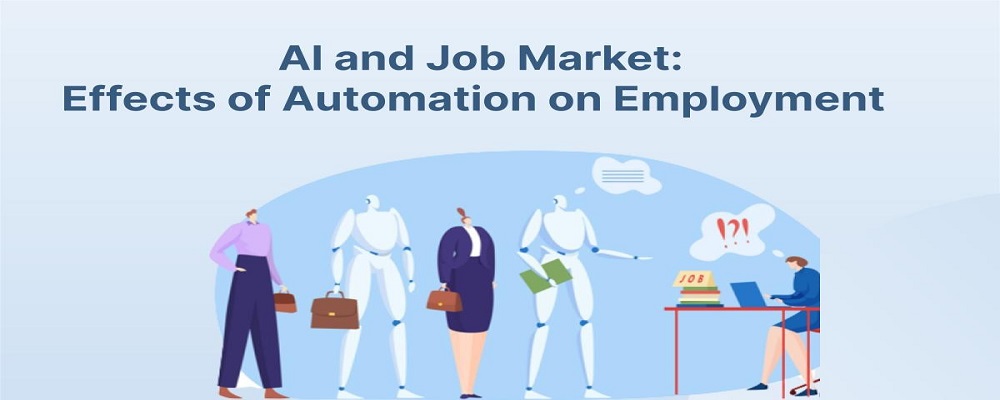The Rise of Artificial Intelligence in the U.S. Workforce
Artificial Intelligence (AI) has become a prominent force in shaping the future of work in the United States. With advancements in technology and the increasing integration of AI systems in various industries, the impact on job displacement has become a topic of concern. As AI continues to evolve and automate tasks that were once performed by humans, it is essential to understand the implications of this shift on the workforce.
Automation and Job Displacement
One of the primary effects of AI on the U.S. workforce is the automation of routine and repetitive tasks. AI systems are capable of performing tasks with speed and accuracy, leading to increased efficiency in various industries. While this automation has its benefits, it also poses a threat to jobs that are easily replaceable by AI technology.
Jobs in sectors such as manufacturing, retail, and customer service are particularly vulnerable to displacement by AI. Tasks that involve data processing, predictive analysis, and even customer support can now be performed more efficiently by AI algorithms. As a result, many workers in these industries face the risk of job loss as companies turn to automation to streamline their operations.
The Shift in Skill Demands
The rise of AI also brings about a shift in the skills demanded in the workforce. As automation replaces certain roles, there is a growing demand for workers with skills that complement AI technology. Jobs that require creativity, critical thinking, and problem-solving abilities are less susceptible to displacement by AI, as these are areas where human intelligence still holds a significant advantage over machines.
To remain competitive in the evolving job market, workers will need to adapt and acquire new skills that align with the demands of AI technology. This includes skills such as coding, data analysis, and digital literacy, which are becoming increasingly essential in a world where AI plays a central role in many industries.
Job Creation and Transformation
While AI has the potential to displace certain jobs, it also creates new opportunities for employment and career growth. As companies integrate AI technology into their operations, new roles emerge that require a combination of human expertise and technological knowledge. For example, positions in AI development, data science, and machine learning engineering are in high demand, offering lucrative career paths for individuals with the right skill set.
Moreover, AI has the potential to transform existing jobs, making them more efficient and allowing workers to focus on higher-value tasks. By automating routine responsibilities, AI can free up time for employees to engage in strategic decision-making, innovation, and creativity, ultimately enhancing job satisfaction and productivity in the workforce.
Addressing the Challenges
To mitigate the impact of AI on job displacement in the U.S. workforce, policymakers, businesses, and educational institutions must work together to ensure a smooth transition for workers. This includes investing in retraining programs to equip workers with the skills needed to thrive in a technology-driven economy. Lifelong learning initiatives, upskilling opportunities, and career counseling services can help workers adapt to the changing job landscape and secure employment in emerging fields.
Furthermore, ethical considerations must be taken into account when deploying AI in the workforce. Ensuring transparency, accountability, and fairness in AI systems can help mitigate potential biases and discrimination in hiring practices and job evaluations.
In conclusion, the impact of AI on job displacement in the U.S. workforce is a complex and multifaceted issue that requires careful consideration and proactive measures. While AI technology offers opportunities for increased efficiency and innovation, it also poses challenges in terms of job displacement and skill demands. By embracing the transformative power of AI and implementing strategies to support workers in transitioning to the future of work, we can navigate the evolving landscape of the workforce and harness the benefits of AI technology for the betterment of society.

